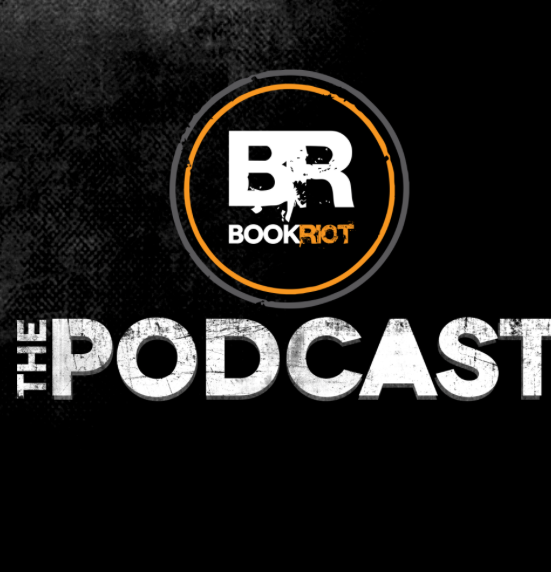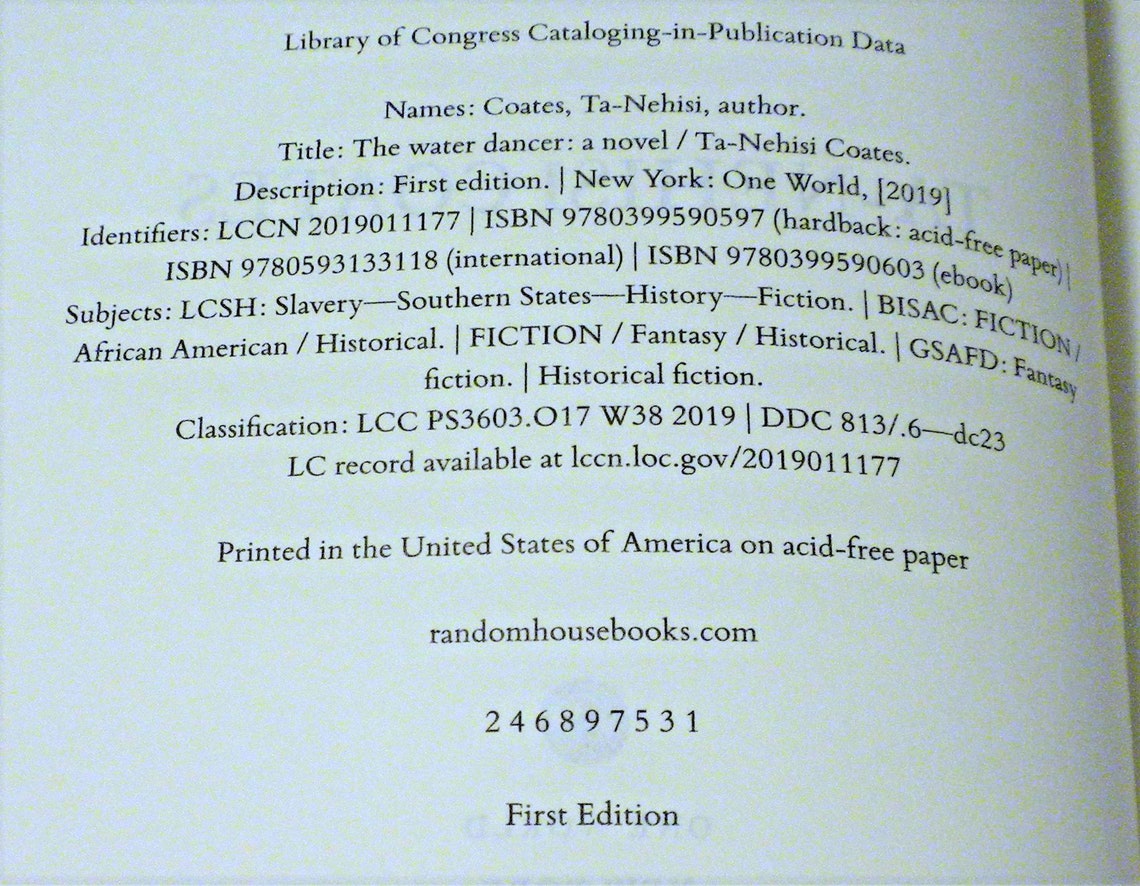

Your purchase helps support NPR programming. And in my dad's family, man, I mean it really felt like the other side of black America, or almost stereotypical side of a black America.Ĭlose overlay Buy Featured Book Title The Water Dancer Author Ta-Nehisi Coates It is very, very tough to describe, because it's not actually material wealth necessarily, not rich, but it was a different kind of poor.

My mom grew up going down to the Eastern Shore and there was always, even as my mother grew up in the projects, there was always a kind of prosperity that was around. And so up until even the beginning of my lifetime, my family from the Eastern Shore of Maryland has always had land in their life. So while the ancestry of the enslaved is really important, one of the things that I think about all the time is they actually were two very different kinds of families: My mother's family, from the oldest ancestor that we can actually trace, is a woman whose race is ambiguous - who might have been white, might have been mixed, we're not sure - but she was free, and then her child was free, and I'm talking about the early 1800s, and she had land and the child had land. I knew that my dad's family was from Philadelphia.


I always knew my mother's side of the family was from the Eastern Shore of Maryland. I guess I was just captivated with the idea of why we remember and why we don't. And so it felt natural, actually, to go in that direction, to reach there as a source. And I've thought quite a bit about the fact that much of the country's history is premised on forgetting, not remembering, certain things. I've thought quite a bit about the fact that much of the country's history is premised on forgetting, not remembering, certain things.įor the past 10 years, in a lot of my writing, I've thought a lot about memory, and why certain things I remembered a certain kind of way.


 0 kommentar(er)
0 kommentar(er)
